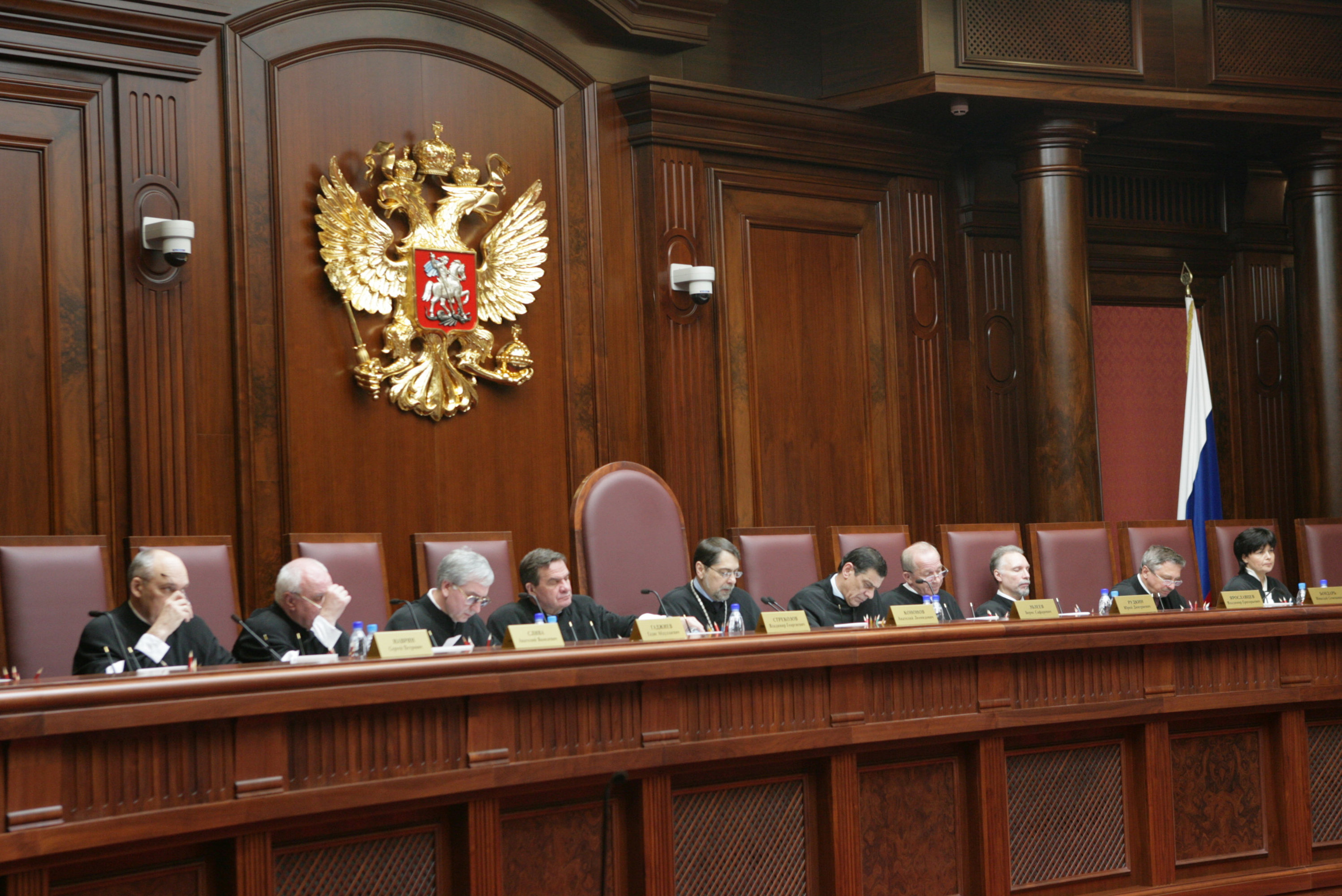By Alexander Barinov, RAPSI special correspondent
The Finance Ministry has proposed steps to increase the salaries of judges. If adopted, the legislation will require 65.7 billion rubles ($2 billion) from the federal budget for the judiciary in 2013.
The payment system will change dramatically. Judges will receive a monthly remuneration. The specific amount will be linked to a given judge’s “qualification category,” which will be determined on his professionalism and work status. The number of such categories is slated to increase from six to 10.
Percentage magic
The draft laws published on the Ministry’s website concern nearly 20 laws, presidential decrees, and resolutions dating back to the Soviet era.
The most serious amendments will affect the Law on the Status of Judges, which will lay out the new payment system in detail.
The system is based on an old principle. The salary of the Constitutional Court chairman will serve as the reference point for setting the salaries of other judges. His deputy will receive 98 percent of his salary amount, while the court judges will receive 90 percent. Meanwhile, the salaries of the Supreme Court and Supreme Commercial Court chairpersons will amount to 98 percent of the amount of his salary. Further down the ladder, the salaries of commercial court and general jurisdiction court judges will be calculated as a percentage of the salaries of the Supreme Commercial Court and Supreme Court chairpersons, respectively. For instance, district court judges will receive 67 percent of the amount of their chairperson’s salary. Supreme Court and Supreme Commercial Court judges will receive 85 percent of the amount of their chairpersons’ salaries.
The salary of the Constitutional Court chairperson was established by presidential decree on January 28, 1993. It has been indexed on numerous occasions since and the amount is now based on a fairly complicated formula. Evidently, a new decree on the chairman's salary will be issued together with the passing of the new bills.
Bonus system
Under the Law on the Status of Judges today, a judge's payment includes a salary, a qualification category premium, a seniority bonus, and a 50 percent special conditions allowance, as well as scholastic degree and honorary title premiums that can reach up to 10 percent of his salary amount.
Pursuant to the new legislation, judges will not earn salaries per se, but rather “monthly remunerations in money”. In addition to the salary and normal premiums, they will also be entitled to receive various incentives. The qualification categories will play an essential role in the incentive system. The lowest (ninth) category will provide a 30 percent salary markup. The middle (fourth) category will provide a 90 percent markup, and the top (first and supreme) categories will provide a 135 and 150 percent markup, respectively.
A quarterly cash bonus will also be paid.
Individual approach
Judges have thus far refrained from commenting on the proposed bills, as they have not yet been submitted to parliament and deal with quite a sensitive matter. Off the record, though, almost all experts in the sector approve of the changes.
At this juncture, it is difficult to say how much the payments will grow. Unofficial estimates hold that salaries will increase by an average of 30 percent. However, the remuneration and the incentives should be calculated on a case-by-case basis. In a conversation with the Russian Legal Information Agency (RAPSI/rapsinews.com), Alexander Gusev, head of the Supreme Court Judicial Department, said the system will try to link labor compensation with merits, experience, competence, and professionalism.
“It will obviously increase judges’ professional prestige and create new stimuli for career and professional growth,” he said.



